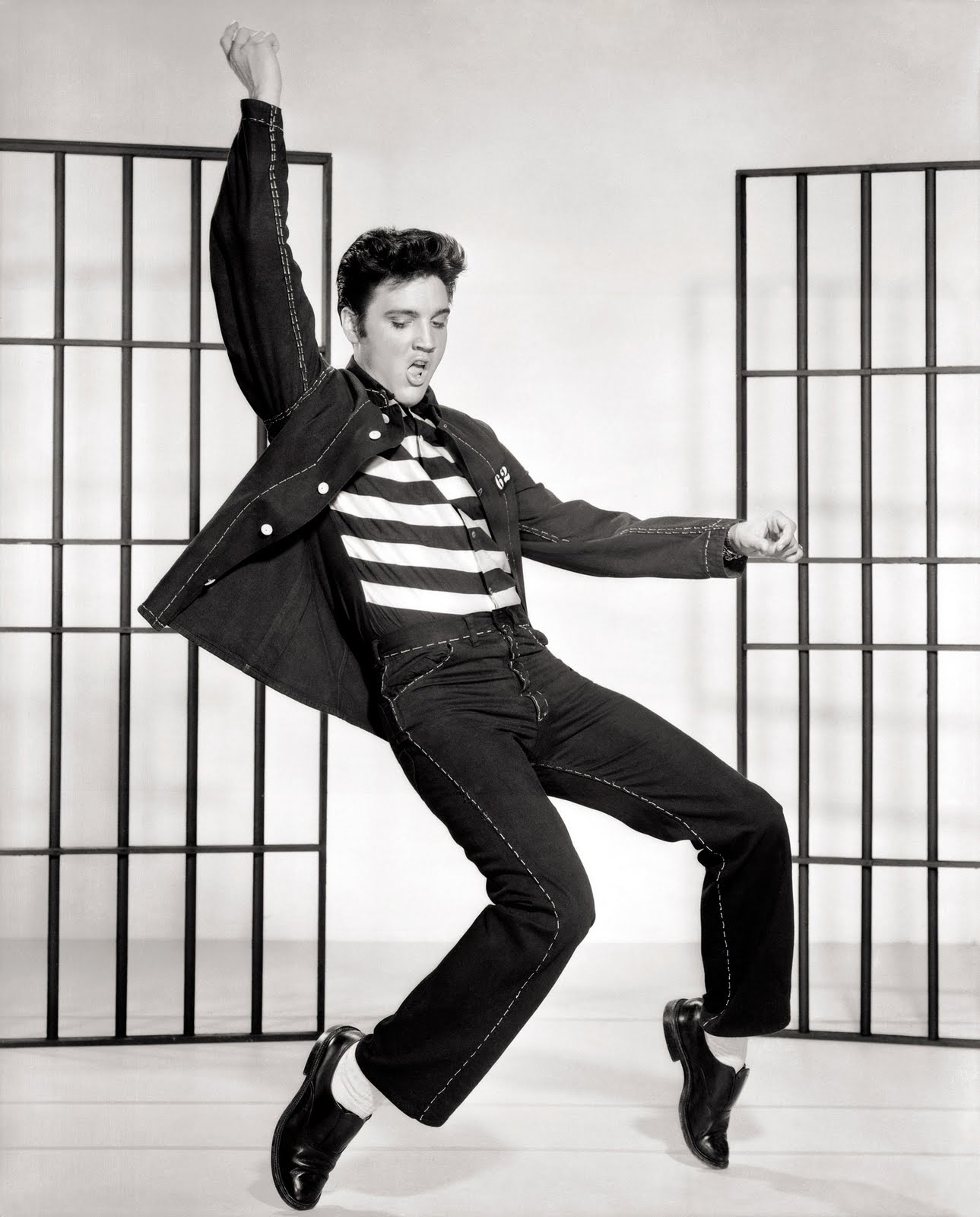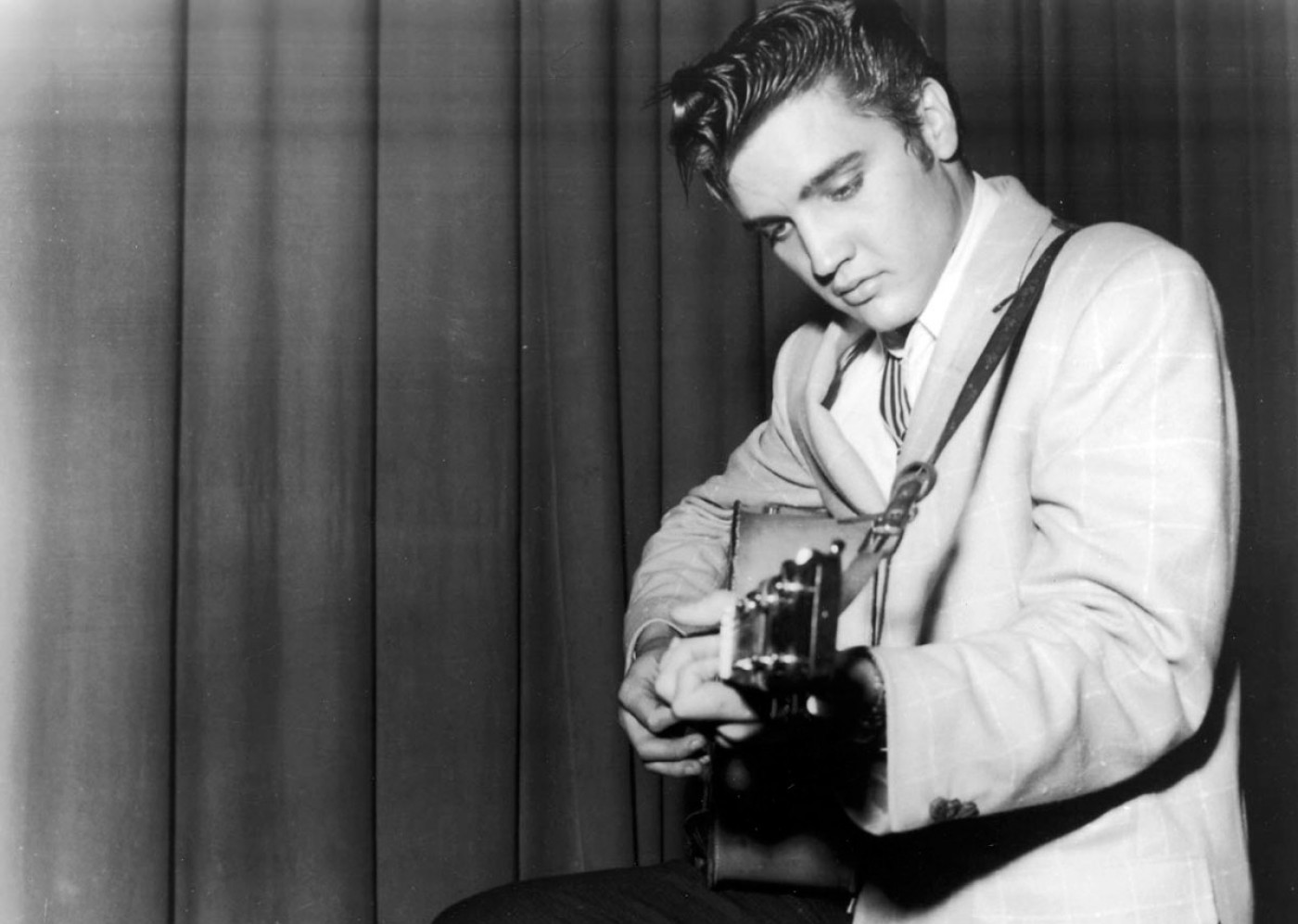The 1950s was a transformative period in music history, giving rise to a plethora of legendary musicians who shaped the sound of modern music. From rock and roll to rhythm and blues, the decade was marked by a wave of cultural change that influenced not only music but also fashion, attitudes, and lifestyles. This article delves into the prominent musicians of the 50s, their contributions, and the lasting impact they have left on the music industry.
The musicians of the 50s were more than just entertainers; they were pioneers who broke societal norms and redefined popular music. This article will explore their biographies, musical styles, and the legacy they created, ensuring that their contributions are remembered and celebrated. We will also discuss the social and cultural context of the 1950s, which played a significant role in shaping their music and public personas.
Whether you are a music enthusiast, a historian, or simply curious about the roots of popular music, this comprehensive exploration of the musicians of the 50s will provide invaluable insights. Join us as we take a nostalgic journey through one of the most exciting decades in music history.
Table of Contents
- Biographies of Iconic Musicians
- Elvis Presley: The King of Rock and Roll
- Chuck Berry: The Father of Rock and Roll
- Little Richard: The Architect of Rock and Roll
- Bill Haley: The Pioneer of Rock Music
- Pat Boone: The Crooner of the 50s
- The Social Context of the 1950s
- The Lasting Legacy of 1950s Musicians
Biographies of Iconic Musicians
The 1950s introduced a diverse array of musicians who each brought their unique sound and style to the forefront of the music scene. Below is a brief overview of some of the most influential musicians of the decade.
| Name | Born | Genre | Notable Works |
|---|---|---|---|
| Elvis Presley | January 8, 1935 | Rock and Roll | Heartbreak Hotel, Jailhouse Rock |
| Chuck Berry | October 18, 1926 | Rock and Roll | Johnny B. Goode, Maybellene |
| Little Richard | December 5, 1932 | Rock and Roll | Tutti Frutti, Long Tall Sally |
| Bill Haley | July 6, 1925 | Rock and Roll | Rock Around the Clock |
| Pat Boone | June 1, 1934 | Pop | Ain't That a Shame, Love Letters in the Sand |
Elvis Presley: The King of Rock and Roll
Elvis Presley, often referred to as the "King of Rock and Roll," is perhaps the most iconic figure in 1950s music. Born in Tupelo, Mississippi, on January 8, 1935, Elvis’s unique blend of gospel, country, and rhythm and blues created a new sound that resonated with millions.
His breakout single, "Heartbreak Hotel," released in 1956, topped the charts and marked the beginning of his meteoric rise to fame. Known for his charismatic stage presence and provocative dance moves, Elvis became a cultural phenomenon, appealing to both young and older generations alike.
During the 50s, Elvis released numerous hit songs, including "Hound Dog," "Don't Be Cruel," and "Jailhouse Rock." He also starred in several films, further cementing his status as a pop culture icon. Elvis's influence reached far beyond music; he became a symbol of rebellion and freedom during a time of significant social change in America.
Chuck Berry: The Father of Rock and Roll
Chuck Berry was a pioneering musician whose innovative guitar riffs and clever lyrics helped lay the groundwork for rock and roll. Born on October 18, 1926, in St. Louis, Missouri, Berry's love for music began at an early age. He blended rhythm and blues with country music, creating a sound that was uniquely his own.
His hit songs, including "Johnny B. Goode" and "Maybellene," showcased his impressive guitar skills and storytelling ability. Berry's influence on rock music is undeniable; he inspired countless musicians, including The Beatles and Rolling Stones. His performances, characterized by energetic guitar solos and dynamic stage presence, captivated audiences and left a lasting mark on the music industry.
Little Richard: The Architect of Rock and Roll
Little Richard, born Richard Wayne Penniman on December 5, 1932, in Macon, Georgia, is celebrated as one of the most flamboyant and influential musicians of the 1950s. With his high-energy performances and distinctive voice, he became a trailblazer in the rock and roll genre.
His iconic hits, such as "Tutti Frutti" and "Long Tall Sally," showcased his powerful vocals and vibrant personality. Little Richard's music was groundbreaking, as it helped break racial barriers and brought rock and roll into the mainstream. His influence can be seen in the works of many artists who followed, including Elvis Presley and Jimi Hendrix.
Bill Haley: The Pioneer of Rock Music
Bill Haley and His Comets were instrumental in popularizing rock and roll music in the early 1950s. Born July 6, 1925, in Highland Park, Michigan, Haley's band gained immense popularity with their hit song "Rock Around the Clock," which became the anthem of the rock and roll era.
Haley's blend of country music and rhythm and blues created a sound that appealed to a wide audience. His energetic performances and catchy tunes helped set the stage for the rock music explosion that followed in the late 50s and beyond. Haley's contributions to music paved the way for future rock artists and solidified his place in music history.
Pat Boone: The Crooner of the 50s
Pat Boone, born June 1, 1934, is known for his smooth voice and charming persona that captivated audiences throughout the 1950s. With a string of hit singles, including "Ain't That a Shame" and "Love Letters in the Sand," Boone became one of the best-selling artists of the decade.
His style blended pop and rock, appealing to a broad audience. Boone's wholesome image and family-friendly music made him a favorite among parents, while his popularity with teenagers helped him achieve significant commercial success. He remains an important figure in the history of 1950s music.
The Social Context of the 1950s
The 1950s were a time of significant social change in America. Following World War II, the nation experienced a booming economy and a cultural shift characterized by a desire for freedom and self-expression. The rise of rock and roll music reflected these changes, as it provided a voice for the younger generation.
The decade saw the emergence of youth culture, with teenagers seeking to break away from traditional norms. Music became a form of rebellion, and artists like Elvis and Little Richard challenged societal expectations through their provocative performances and styles. This cultural backdrop played a crucial role in the popularity and impact of the musicians of the 50s.
The Lasting Legacy of 1950s Musicians
The musicians of the 50s left an indelible mark on the music industry and popular culture. Their innovative sounds and groundbreaking performances paved the way for future generations of artists across various genres. The legacy of these musicians continues to influence contemporary music, with their songs being covered and celebrated by countless artists today.
In addition to shaping music, the 1950s musicians played a significant role in challenging societal norms and promoting cultural change. Their contributions to the civil rights movement and the fight against racial segregation helped to bring about greater acceptance and diversity in music and society as a whole.
Article Recommendations
- Snow Rider Unblocked The Ultimate Guide To Enjoying This Thrilling Game
- Exploring The Life And Talents Of Nellys Children A 2024 Insight
- How To Secure Sphere Las Vegas Tickets A Complete Guide


